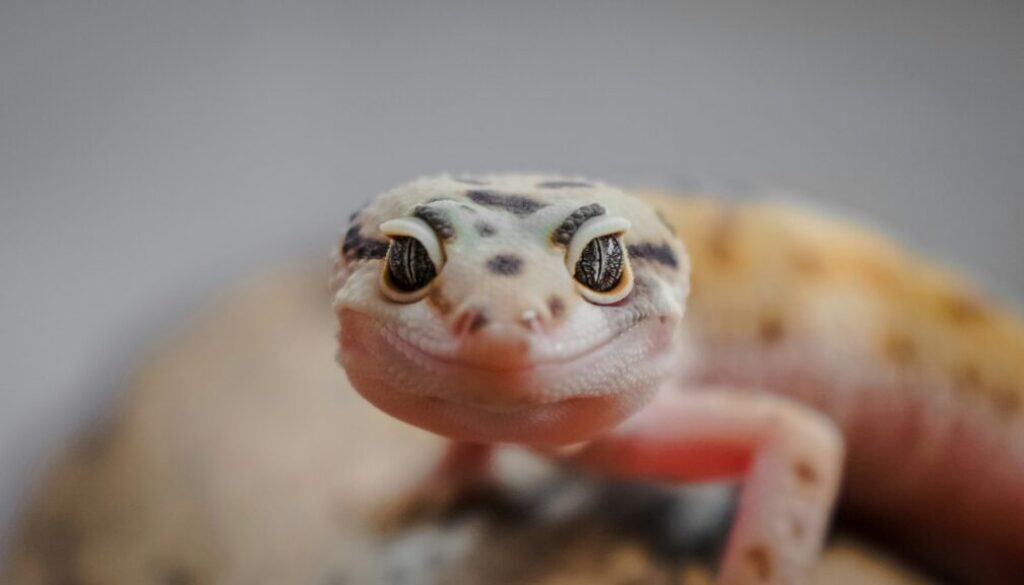Your Complete Guide to Exotic Pet Care: Nurturing Your Reptilian Friend
If you’re considering or already have a scaly, cold-blooded companion, you’re in for a unique and rewarding journey. Reptiles, with their fascinating behaviors and diverse species, make for captivating pets. But just like any other pet, they require specific care to thrive in captivity. In this guide, we’ll delve into the intricacies of reptile care, ensuring your scaly friend lives a happy and healthy life by your side.
Understanding Your Reptile’s Needs
First things first, understanding your reptile’s natural habitat and behaviors is crucial. Whether you have a bearded dragon, a leopard gecko, or a ball python, each species has its own set of requirements. Researching your reptile’s native environment will give you insight into its dietary needs, temperature preferences, and habitat requirements.
Creating the Perfect Habitat
Providing a suitable habitat is paramount to your reptile’s well-being. Depending on the species, this could mean a terrarium, vivarium, or even an outdoor enclosure for larger reptiles. Your setup should mimic your reptile’s natural environment as closely as possible, including appropriate substrate, hiding spots, basking areas, and UV lighting for species that require it.
Temperature and Lighting
Maintaining proper temperature gradients is essential for reptiles, as they rely on external heat sources to regulate their body temperature. Invest in high-quality heat lamps, heating pads, or ceramic heat emitters to create a gradient within the enclosure, allowing your pet to thermoregulate effectively. Additionally, UVB lighting is crucial for reptiles that require it, as it aids in vitamin D synthesis and calcium metabolism.
Feeding Your Reptile
Feeding your reptile a balanced diet is vital for its overall health and longevity. Different species have varying dietary requirements, ranging from insects and rodents to fruits and vegetables. It’s essential to research your reptile’s specific dietary needs and provide a varied diet to ensure nutritional adequacy. Additionally, proper supplementation with calcium and vitamin D3 is often necessary, especially for reptiles kept indoors.
Handling and Socialization
While reptiles may not be as cuddly as traditional pets, many enjoy gentle handling and interaction with their owners. However, it’s essential to approach handling with care and respect for your reptile’s boundaries. Always support your reptile’s body properly and avoid sudden movements that may startle or stress them. With patience and positive reinforcement, you can build a trusting relationship with your scaly companion.
Healthcare and Veterinary Care
Regular veterinary check-ups are crucial for monitoring your reptile’s health and detecting any potential issues early on. Find a reptile-savvy veterinarian who can provide routine care, as well as address any medical concerns that may arise. Additionally, keep an eye out for signs of illness, such as changes in appetite, lethargy, or abnormal behavior, and seek veterinary attention promptly if you notice anything concerning.
Remember, caring for an exotic pet like a reptile can be a rewarding experience, but it requires dedication, research, and commitment. By understanding and meeting your reptile’s specific needs, you can provide a comfortable and enriching environment where they can thrive. Remember to always prioritize your pet’s well-being and seek advice from reputable sources and experienced reptile enthusiasts when in doubt. With proper care and attention, your scaly friend will be a cherished companion for years to come.


